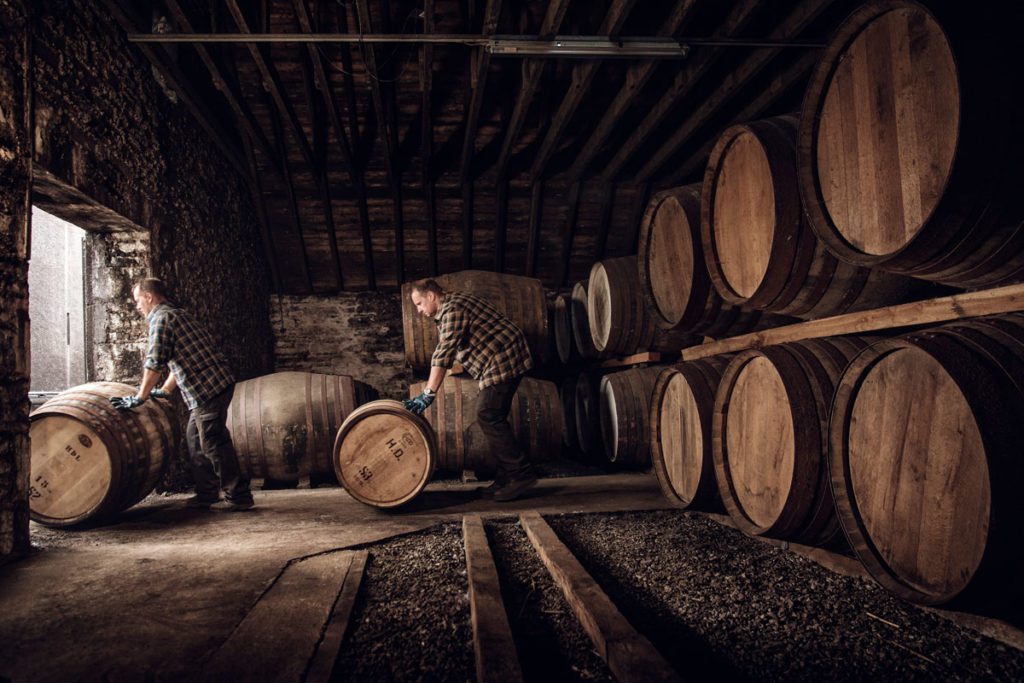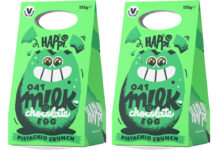Industry reacts to new 10% tariffs on US exports

TARIFFS on exports of Scotch Whisky to the US have been called “disappointing” by the Scotch Whisky Association (SWA) and could have a wide impact on the industry.
Announced on 2 April by American President Donald Trump, the UK is now set to face a 10% tariff on the exports of its goods to the United States – including the Scotch Whisky industry.
A spokesperson for the SWA said: “The industry is disappointed that Scotch Whisky could be impacted by these tariffs.
“We welcome the intensive efforts by the UK Government to reach a deal with the US administration, and we continue to support this measured and pragmatic approach towards a mutually beneficial resolution.”
The United States has long been Scotch Whisky’s biggest market by value, says the SWA, and was worth £971million in value sales to the industry in 2024.
This new tariff rate also comes whilst the Scotch Whisky industry is still recovering from the 25% tariff that was imposed between October 2019 and March 2021 by the US and saw Scotch whisky firms lose a total of £600million in lost exports.
Local distillers have also highlighted the damaging impact that the Trump tariffs could have on sales, but also on wider profits such as tourism.

William Wemyss, founder and chairman of Wemyss Family Spirits which includes Darnley’s Gin and Wemyss Malts among its brands, slammed the new tariffs and said they will cause a great degree of uncertainty during an already turbulent trading time.
He said: “As a small, family-owned Scotch whisky business, we rely on stable, tariff-free trade to grow, invest and bring our products to whisky lovers across the Atlantic.
“The US is our single largest export market, and demand remains strong but tariffs inject real uncertainty, particularly for independent producers like us.
“At Kingsbarns, we’re also seeing the wider impact. American visitors make up a large part of our tourism business in St. Andrews. If tariffs fuel inflation or restrict consumer spending in the US, it risks fewer golf travellers, fewer distillery visits and a knock-on effect on local jobs.
“Our sector contributes not just economically, but culturally as well, representing the best of Scottish craft, heritage and global trade.”




















